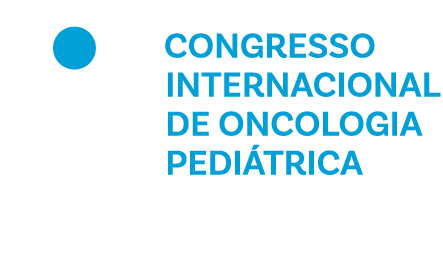Dados do Trabalho
Título
Next Generation Sequencing as a refinement tool with therapeutic impact in Acute Myeloid Leukemia pediatric patients in a single institute
Resumo
Introduction: Survival rate in acute myeloid leukemia (AML) in children gradually improves through cooperative studies. However, the outcome depends on heterogeneous mechanisms. Understanding the genetic background is the key of risk stratification. Karyotype, polymerase chain reaction (PCR) and fluorescence in situ hybridization (FISH) bring relevant information, but there are limitations. The Next Generation Sequencing (NGS) technology uses target panels that may find additional genetic subsets. The study presents the experience of NGS in pediatric AML in a Brazilian institution.
Methods: A retrospective descriptive study involving pediatric AML patients that were stratified according to cytogenomics, including a NGS test run when indicated. Based on cytogenomics results, patients with poor outcome aberration were referred for hematopoietic stem cell transplant (HSCT). Acute promyelocitic leukemia was excluded.
Results: Between July 2018 and July 2020, 11 patients had NGS panel performed. All had aberrations found, mainly just in the NGS panel. Than two patients underwent HCST in first remission: one with NUP98-NSD1 and another one with KMT2A-MLLT10 rearrangement. One had NGS performed in relapse, also showing NUP98-NSD1 rearrangement. A patient with normal karyotype showed an Indel on NPM1, indicating good prognosis. A M0 patient with complex karyotype had SET-NUP214 rearrangement, an Indel on ASXL1 and CNV on PHP6 gene. Among other patients, aberrations found were SNV on GATA2 gene associated to and Indel on CEBPA; SNV on CSDE1-NRAS gene; RUNX1-RUNX1T1 fusion; NUP214-ABL1 fusion; CNV on MYCN gene; KMT2A-MLLT1 fusion and CNV on ABL2 gene.
Conclusion: The availability of NGS resource had therapeutic impact. It helped outline the genetic features and decision to HSCT. It gave richer information about challenging cases. It is a valuable tool in precision medicine era and should be widely available.
Área
Leucemia e/ou linfoma
Autores
Fernanda de Oliveira Mota, Francine Tesser-Gamba, Michele Gaboardi de Carvalho Pires, Silvia Regina Caminada de Toledo, Nancy da Silva Santos, Elizabete Delbuono, Bruno Nicolaz Rhein, Ana Virginia Lopes de Sousa

 Português
Português English
English